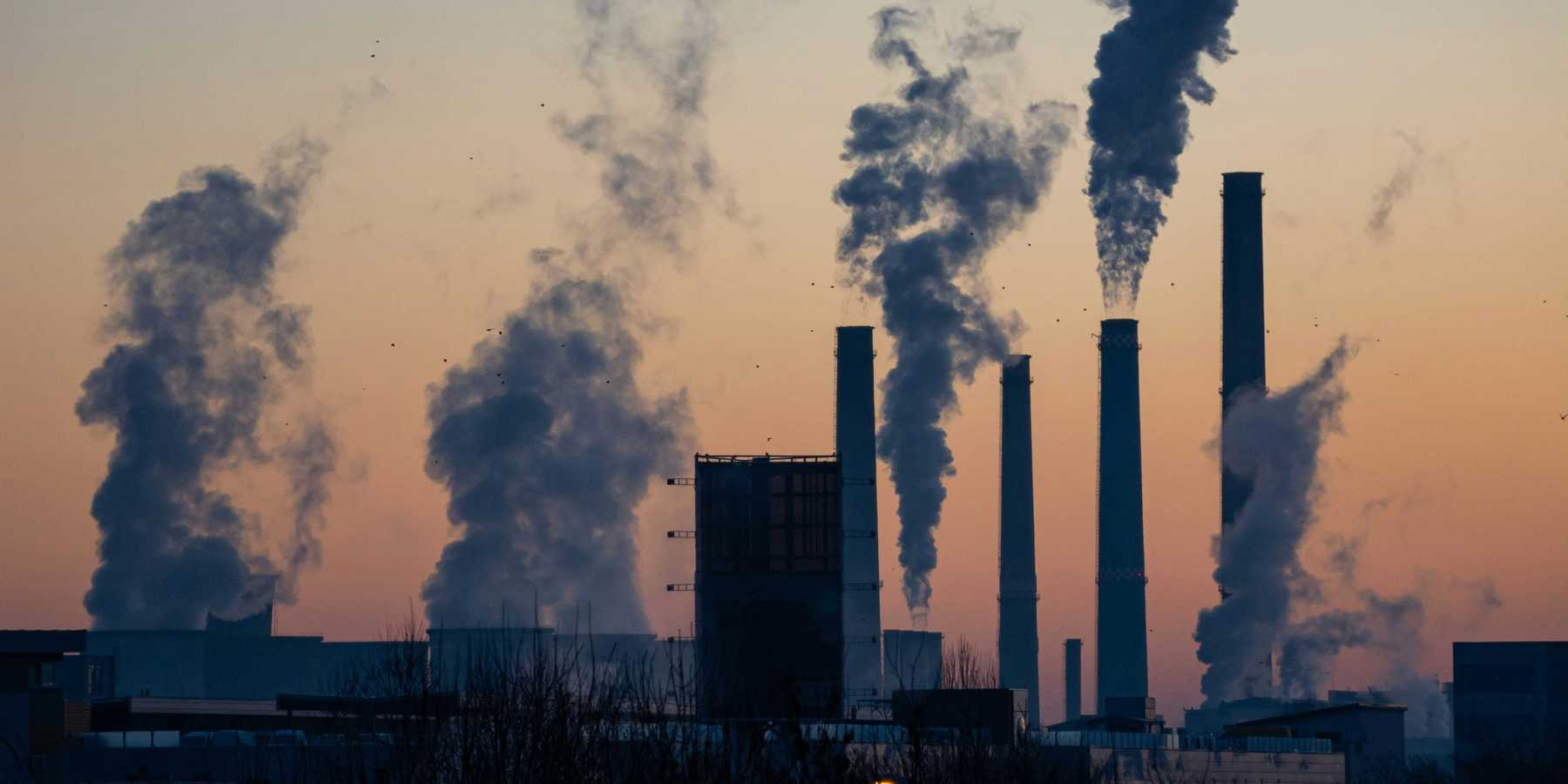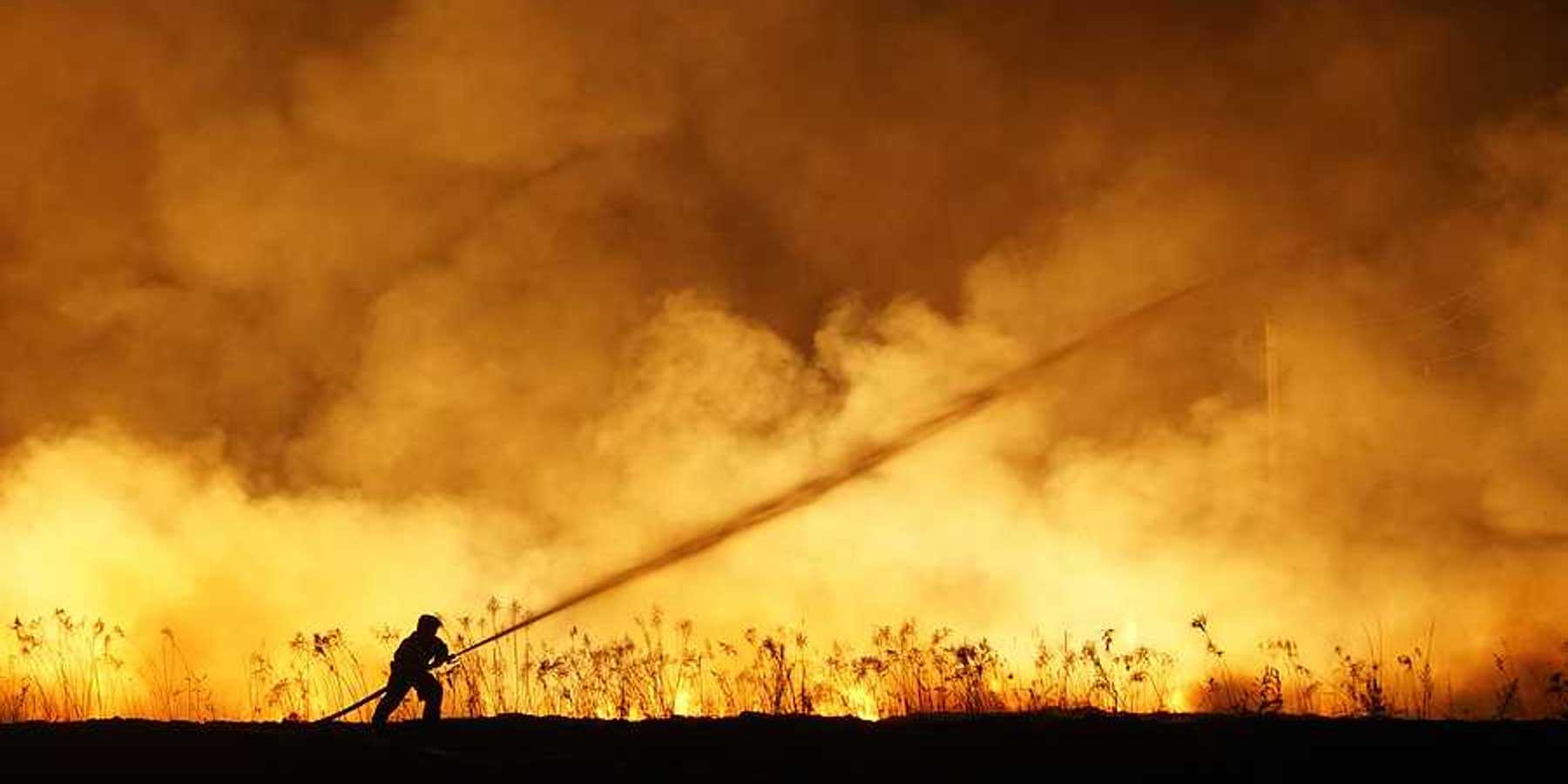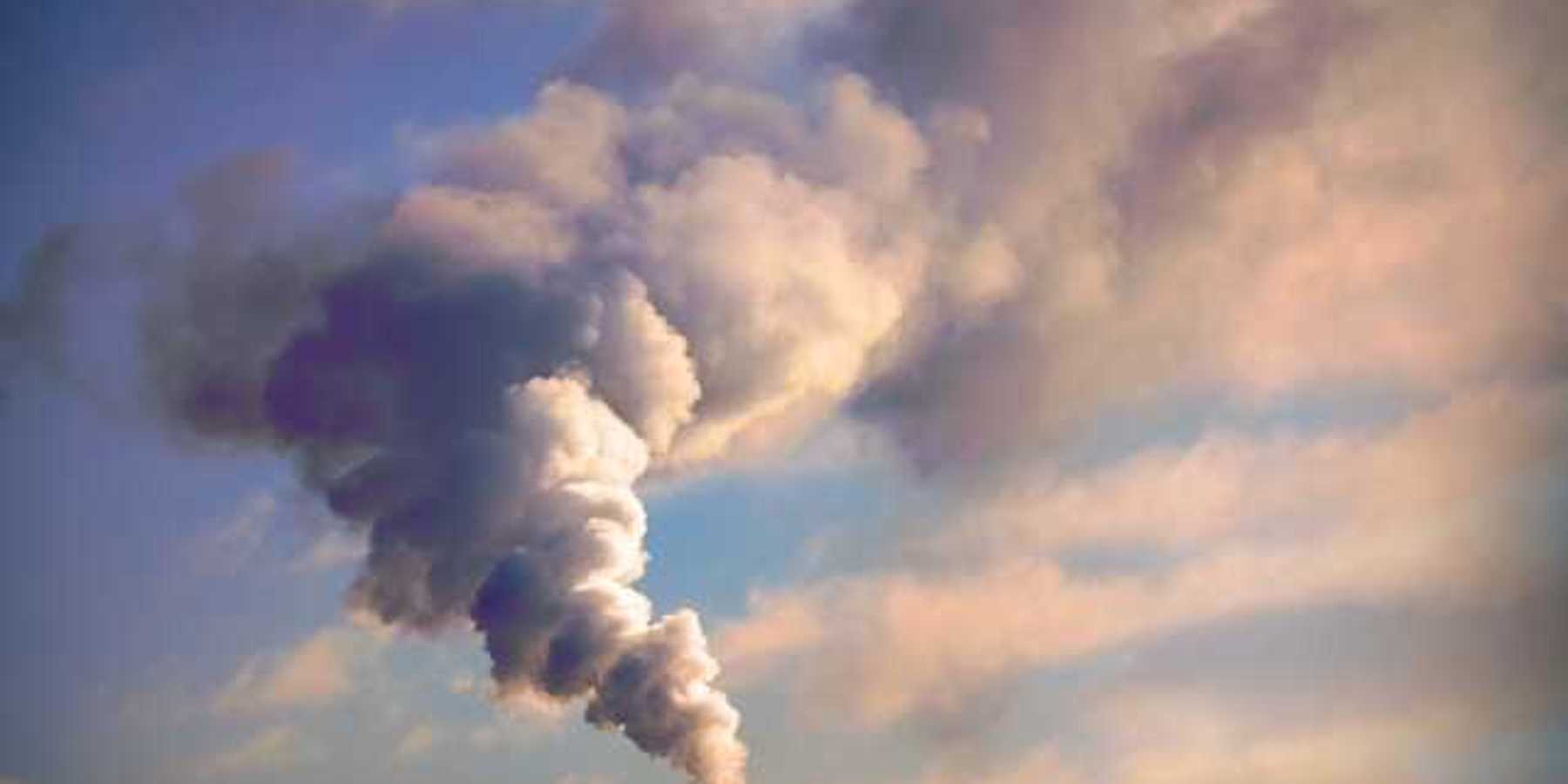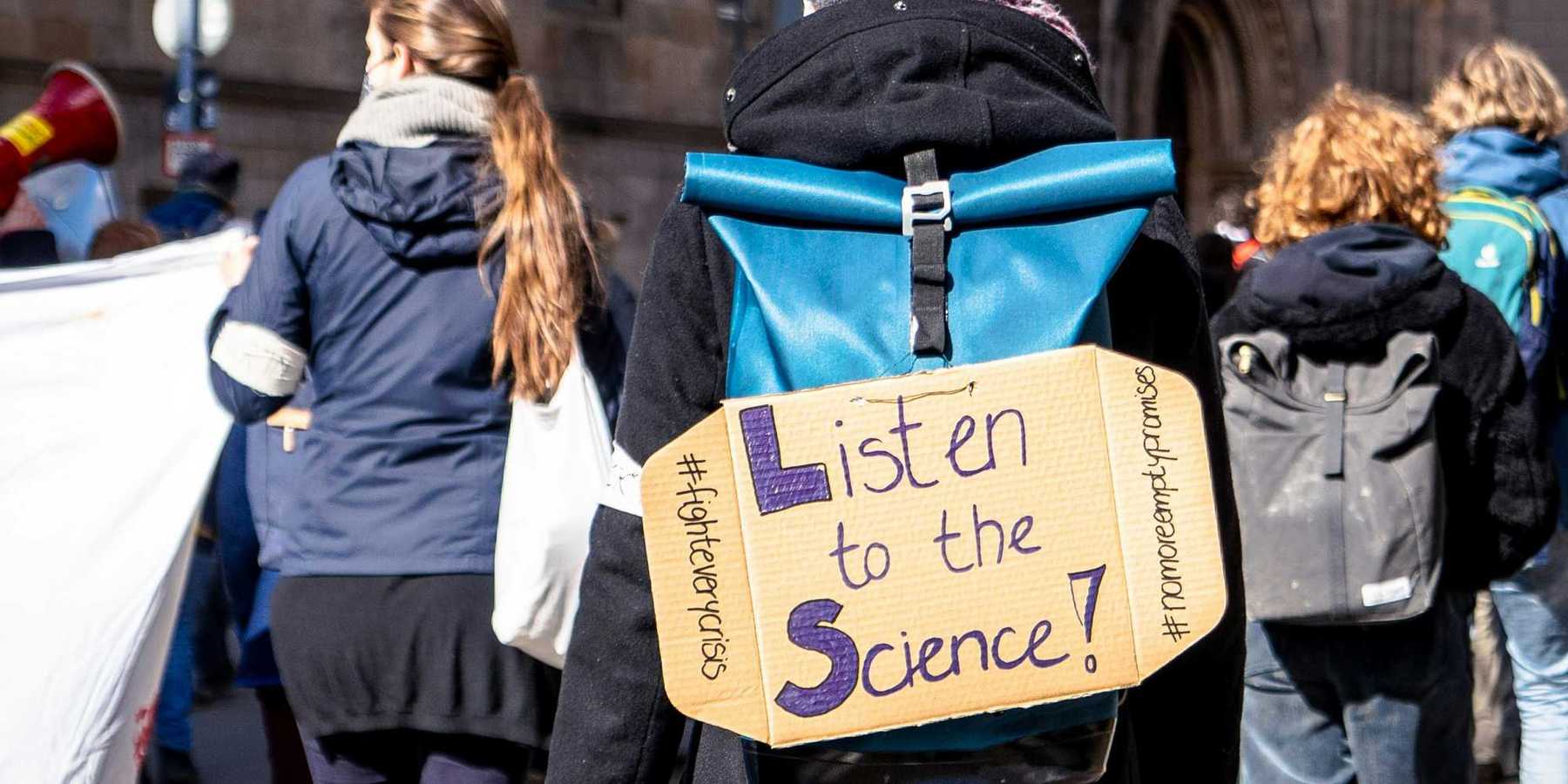Wildfire survivors face hidden risks from lingering toxic pollution
Residents returning to areas scorched by recent Los Angeles wildfires may be exposed to harmful air, water, and soil contaminants, as researchers detect high levels of toxic compounds in burn zones.
Brendan Borrell reports for The New York Times.
In short:
- Scientists are tracking long-term health risks from wildfire pollution, detecting volatile organic compounds and ultrafine particles linked to cancer and respiratory disease.
- Federal cleanup efforts remove surface soil but do not retest for lingering contaminants, raising concerns as rebuilding stirs up ash and toxins.
- Researchers will monitor affected residents for a decade, studying potential links to heart disease, cancer, and respiratory issues.
Key quote:
“People are going back into their homes and living in a toxic soup.”
— Michael Jerrett, environmental health scientist at the University of California, Los Angeles
Why this matters:
Wildfires are not just immediate threats; they leave behind toxic pollution that can persist for years. Burned homes, vehicles, and vegetation release dangerous chemicals into the air, soil, and water, increasing long-term health risks. Fine particles from fires can travel miles, affecting people far beyond burn zones. Inhaling these pollutants has been linked to heart disease, lung conditions, and even cognitive decline. Despite the well-documented dangers, federal monitoring of post-fire contamination is often inconsistent, leaving many communities without clear data on what they’re breathing or the safety of their land.
Without comprehensive testing, residents may unknowingly move back into areas where toxins persist. This raises questions about how governments and health agencies track and respond to these invisible threats. As wildfires become more frequent and intense due to climate change, understanding the full scope of their impact will be critical to protecting public health.
Related: Toxic pollution persists after Los Angeles wildfires devastate communities













